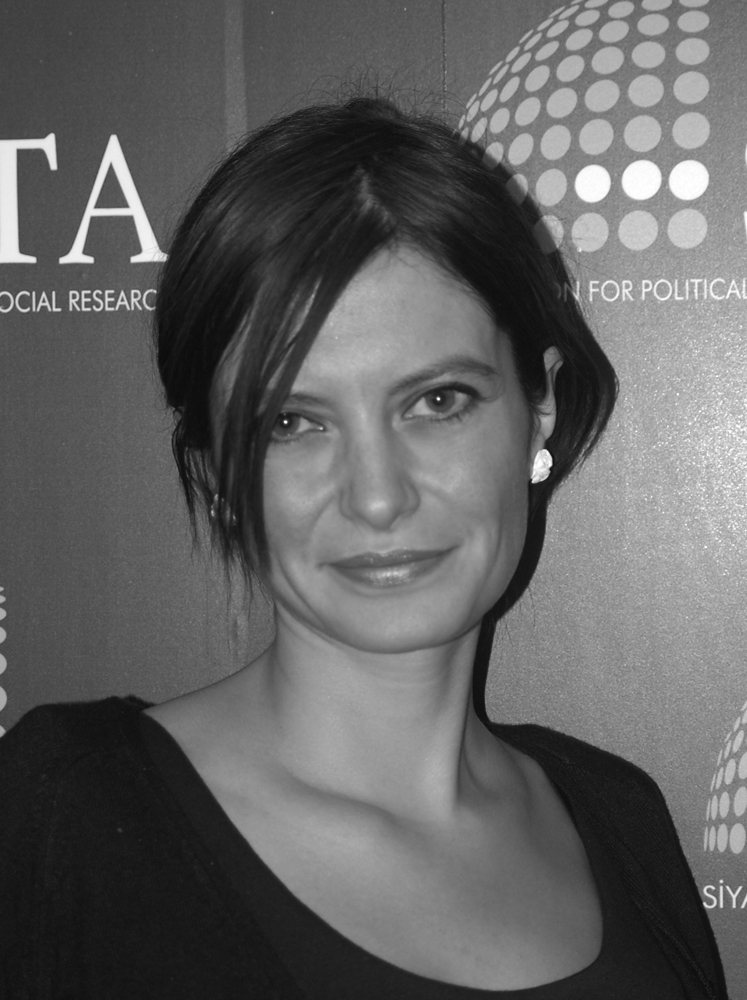The deadlock created by the discussions on judicial independence and impartiality during the presidential election process and the extension of the discussions to the realm of fundamental rights and freedoms with a particular reference to the headscarf issue drew attention to what policy the AK Party would pursue to address these issues in the new term.
The lawsuits against Hrant Dink, Orhan Pamuk and Elif Şafak, who were prosecuted under Article 301, drew enormous attention from public and international circles. The increased terrorist attacks and the subsequent criticisms voiced by the ultranationalists who assert that the current legislation weakened combating terrorism, caused amendments to the Law on the Police Duties and Powers under which the police now have broader discretion. This inevitably raises doubts as to whether we are going back to the old practices in the field of individual rights. During the AK Party rule, significant amendments were made to 120 articles of 41 pieces of legislation for the sake of the EU bid, including the new penal code, criminal procedures code and the criminal execution of penalties code. While the 79-year-old penal code was renewed on June 1, 2005, the two others were substantially updated. The most controversial articles (Article 159 and Article 312) of the penal code were abolished. Within the same context, regional appellate courts were established and the Court of Appeals was given further roles in adjudication. The new regulation, which made the judgment by the European Court of Human Rights a reason for retrial, provided further protection for individuals seeking reparations.
The abolishment of State Security Courts and the modifications made to the National Security Council (MGK) and the appointment of a civilian as the head of the council were other important developments in this period. It is perfectly possible to say that the reforms introduced in this era expanded the domain of fundamental rights and freedoms. The ratification of the UN “twin conventions” — the Convention on Civil and Political Rights and the Convention on Economic, Social and Cultural Rights — maintained additional guarantees for the protection and enjoyment of fundamental rights within the country.
Despite the striking progress, the transformation in the field of fundamental rights has been limited in this era. In some cases only partial amelioration was provided in the problematic article, whereas in some others the undesired articles were replaced with an equally problematic one. Especially the infamous article on insulting Turkishness (Article 301) and insulting the fundamental and national values (Article 305) are exemplary. The lawsuits against Hrant Dink, Orhan Pamuk and Elif Şafak, who were prosecuted under Article 301, drew enormous attention from public and international circles.
Although the lack of conviction based on the new legislation at the beginning supported the argument that these were meant to serve as deterrents, in later stages, the courts issued convictions against those who allegedly insulted Turkishness. Limitations and restrictions imposed on freedom of press in the penal code and aggravated punishments provided for the crimes committed in the media organs posed a remarkable threat for the enjoyment of freedom of expression.
The same happened in the case of the Law on Combating Terrorism; despite the initial progress, the administration retreated, making the final arrangement fall short of what was originally desired. The new regulations in 2002 and 2003 are very important in this regard. Article 8 of the Law on Combating Terrorism, which criminalizes written or verbal propaganda, assembly, and demonstrations and rallies that seek partition of the country was abolished; in addition, the notion of terrorism was defined more precisely.
However, the positive atmosphere disappeared after the resumption of the conflicts with the PKK. In consideration of the growing impact of terrorism, dissident
In this article
- Domestic Policy
- 2002
- 2003
- 2005
- Democracy
- During
- Europe
- European Union (EU)
- Freedom of Speech | Freedom of Expression
- Hrant Dink
- Human Rights
- Kurdistan Workers' Party Terrorist Organization (PKK)
- Party
- PKK - YPG - SDF - PYD - YPJ - SDG - HBDH - HPG - KCK - PJAK - TAK - YBŞ
- Rule
- SETA
- Terror
- Terrorism
- test
- The
- Türkiye's Justice and Development Party | AK Party (AK Parti)
- United Nations (UN)
